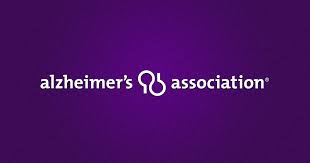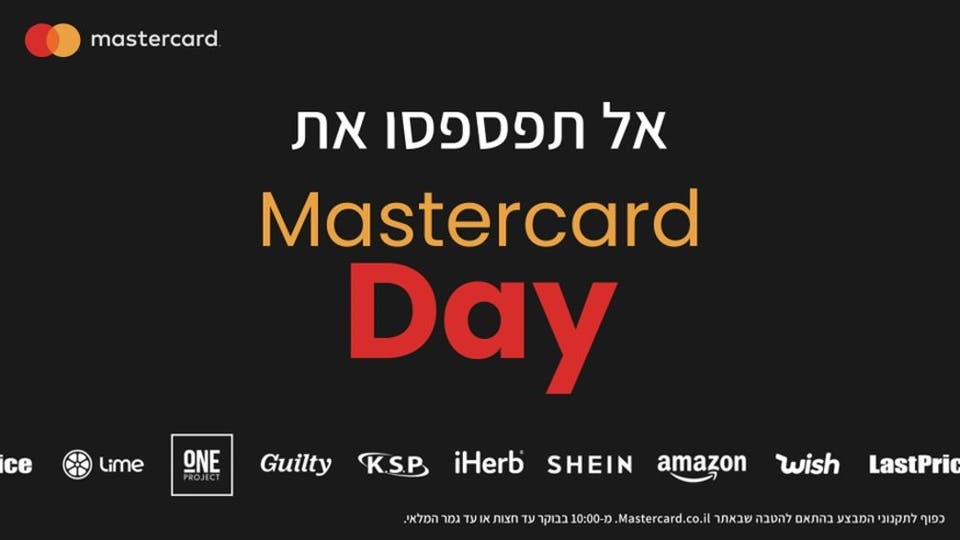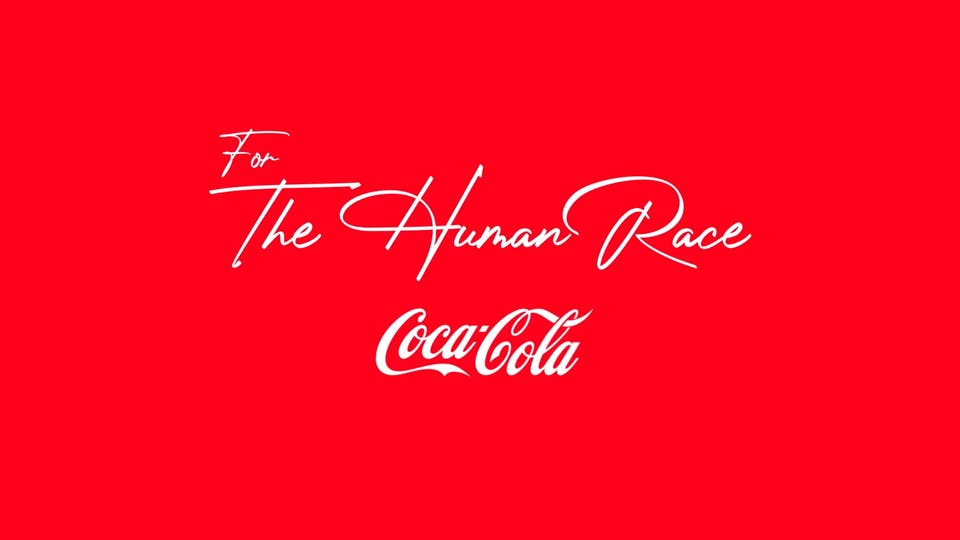




SDG3 target 3.4: By 2030, reduce by one third premature mortality from non-communicable diseases through prevention and treatment and promote mental health and well-being.
0
times fading font was downloaded
0
billion people reached
Where: China
The challenge:
China has the highest number of Alzheimer’s sufferers in the world, but because of a widespread lack of knowledge about the condition and associated behaviour, very few sufferers seek help or advice until it is too late.
We wanted to come up with a creative way to drive awareness of the disease for World Alzheimer’s Day and demonstrate how it erases people’s precious memories; an idea that would inspire conversation across the country.
The execution:
We focused on how we use words to express our feelings and our memories for the campaign. We imaginatively illustrated what it would be like for someone to lose their command of words in order to give people a sense of what living with Alzheimer’s feels like.
The result was The Fading Font, which took Chinese characters and made some of the strokes in each character slowly disappear to mimic how Alzheimer’s can remove people’s memories piece by piece.
We devised a library of over 7,000 Chinese characters that could be easily customised and shared. Then on World Alzheimer's Day we asked people to answer a simple question online: "Which memory don't you want to lose?" They were required to answer using the 'Fading Font' provided.
The results:
The response to our initiative was overwhelming. The Fading Font was downloaded and used over 130 thousand times and reached over 2 billion people. People poured out their most precious and personal memories using our customised font.
Brands and celebrities got on board with the programme on social media - a total of 138 different brands used the font on their own advertising and social posts to help spread the message. Butter APP, one of China’s biggest photo apps, even added the font to its app for people to use. More than 100,000 customised memes were created and shared by the end of the campaign. The omnipresent nature of the campaign was illustrated by the fact it was the top trending topic for five consecutive days on Weibo with over 34 million page views.
This powerful campaign made the issue a central topic of national discussion and gave people a small insight into how the condition is still affecting sufferers.
Check out more inspiring examples of our work on SDG3.

KIA Israel: Full-funnel digital approach
Tackling a shortage-shaken market with efficiency

Mastercard Israel:
Launch of Mastercard Day
Developing a new growth engine to counteract the effects of the global COVID-19 crisis and leveraging the Mastercard brand in Israel to new heights.

1st for Women: 16 Days of Light
Diversity and inclusion

Merdeka LHS: The Coca-Cola Company
For The Human Race
"For The Human Race" celebrates resilience and stubborn optimism by showcasing true stories of real people bringing hope to humanity during the COVID-19 crisis.
